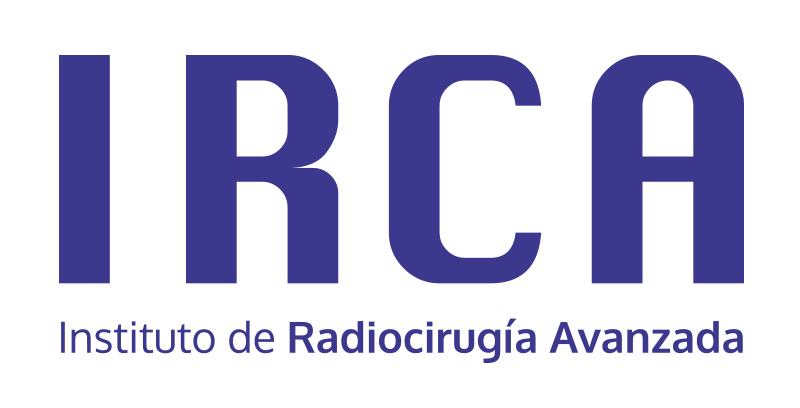Success story
Multiple metastases
- Home
- SUCCESS CASES
- Multiple metastases
Dr Morena Sallabanda’s TV appearance shows us an interesting success story in which ZAP-x technology has made a major contribution to the recovery of this patient, who gives us her first hand testimony
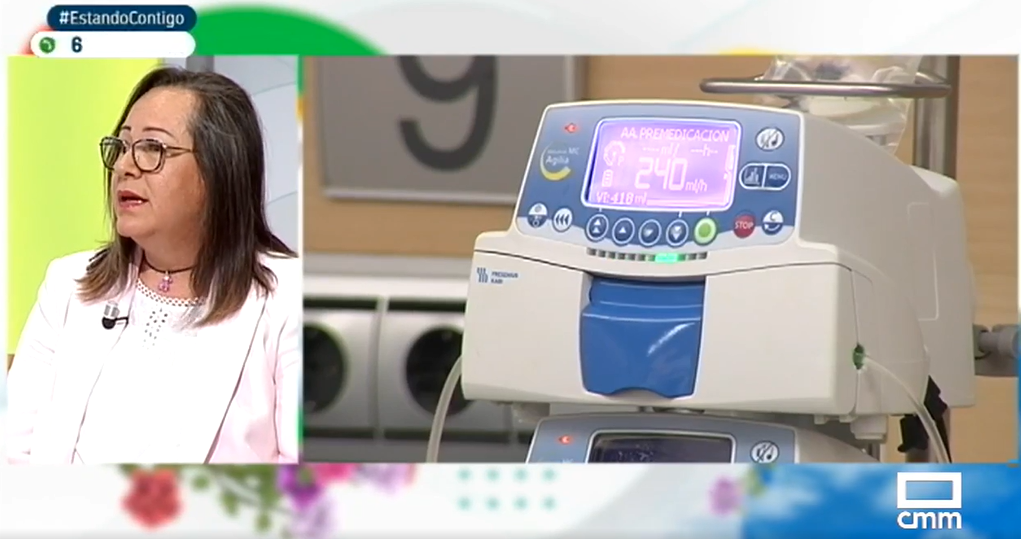
🩺 Radiation oncologist Dr Morena Sallabanda with patient Consuelo Rodriguez on TV
Dr Morena presents in the programme “Estando Contigo” a successful case of ACKD accompanied by the patient Consuelo Rodríguez, who tells us her story and how ZAP-x has helped her to overcome her disease.
A story of overcoming that we believe should be known, as announced by the programme director Julia Rubio. In this case, the programme aims to draw attention to what life is like for people who have overcome cancer.
The programme director focuses especially on this case because it is not only about overcoming cancer, but also about overcoming several metastases, which was Consuelo’s case.
🩺Dr Morena emphasises the patient with several brain metastases.
The radiation oncologist Dr Morena Sallabanda begins her speech by referring to cases with brain metastases. The reason for this is because in the field of oncology, many professionals consider the patient with brain metastases as a palliative care patient, with all that this entails.
Dr Morena Sallabanda wants to change this concept, which is the reason for her appearance on a prime-time programme, to banish a myth and to give the necessary keys to recognise that in these cases survival is still possible, and above all to have a good quality of life. And the ZAP-x achieves this.
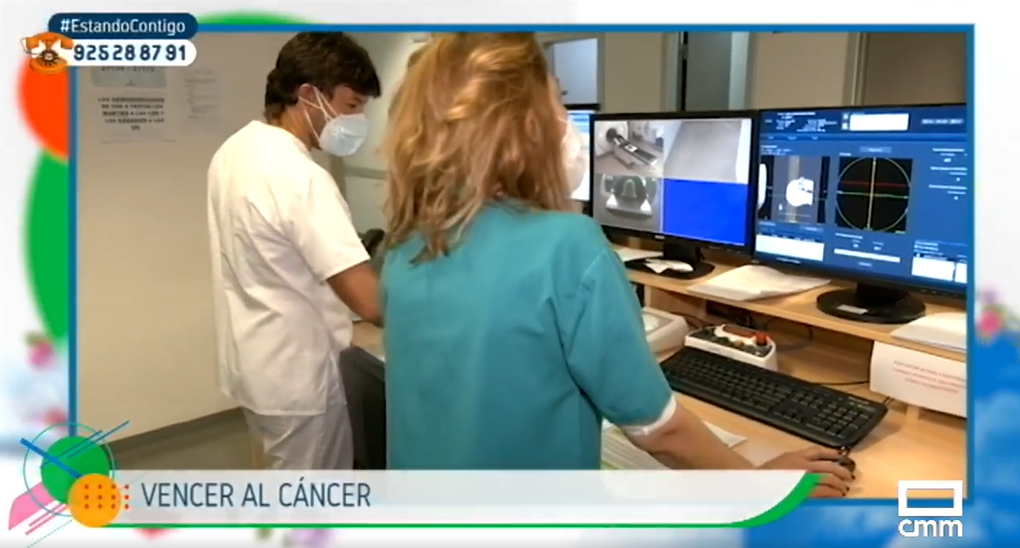
The programme’s host corroborates Morena Sallabanda’s words, especially because we have a first-person testimony, which is the patient Consuelo Rodríguez.
🩺The story of Consuelo and her journey
Consuelo Rodríguez was diagnosed with breast cancer in 2010, which she overcame. In 2013 she had a relapse, through a recurrence, which she also overcame. In 2021 she began to suffer from headaches and went to the Social Security.
After various procedures with the public health system, she finally got an appointment with a neurosurgeon, but of course, this took a considerable amount of time.
When he arrived at the Social Security neurosurgeon he was told that he had a brain metastasis. When they looked at it at the beginning of these steps it measured 5 millimetres, and after 2 months the neurosurgeon indicated that it was 11 millimetres in size, more than double.
The neurosurgeon then told her that they could not do anything, that they could not operate, and referred her to oncology to see what treatment they could provide.
At this point she was told that the only treatment would be radiotherapy, but that, unfortunately, the waiting lists are very long.
The cancer was very advanced, she had lost a lot of vision and balance, and her day-to-day life was quite affected, preventing her from leading a normal life.
In the past, metastases were considered unsolvable and went for palliative treatment.
Dr Morena Sallabanda once again followed the host of the programme, highlighting how metastasis cases were traditionally considered hopeless, with death occurring within a few months.
In fact, she stresses, if nothing is done, it is a serious disease.
However, she tells us that there are now many documented cases in which patients live more than 10 years after the diagnosis and even survive it, and Consuelo’s case is a great example.
When Consuelo came to IRCA, the metastases measured 3 cm and in 3 months they disappeared.
For almost a year, the patient did not know what to do, which led to an increase in the ailments described above.
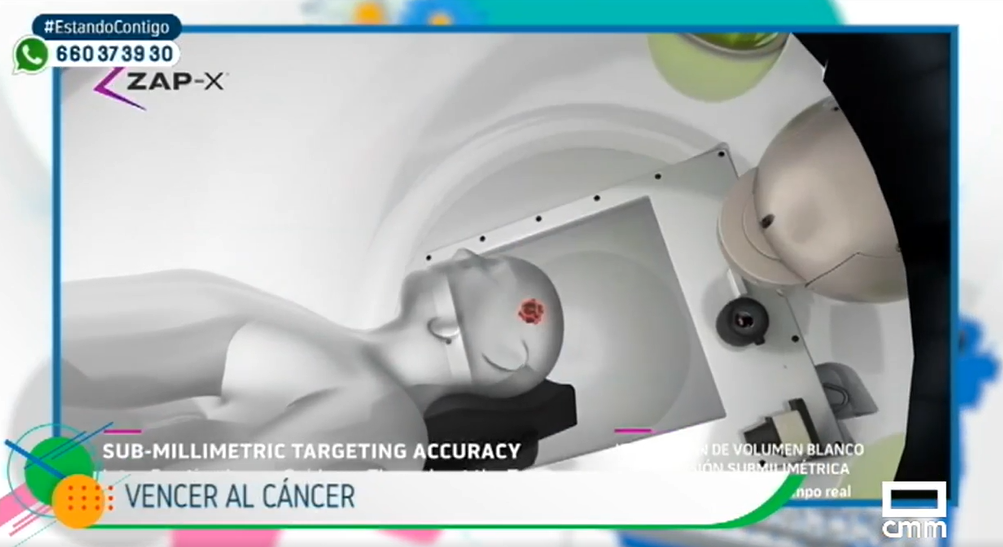
At this point they decided to give her radiotherapy, but a very specific radiotherapy, radiosurgery, which consists of giving a few sessions of very high but very precise radiation to the tumour, but protecting everything around it.
For a surgeon it is difficult to get in, but for a radiosurgeon it is quite easy.
In 3 months the lesions disappeared. Right now there is no lesion, and the latest analyses of tumour markers are correct.
We are glad that Consuelo came to our centre IRCA, Institute of Advanced Radiosurgery, and that we were able to help her with the disruptive technology we have, the ZAP-x.
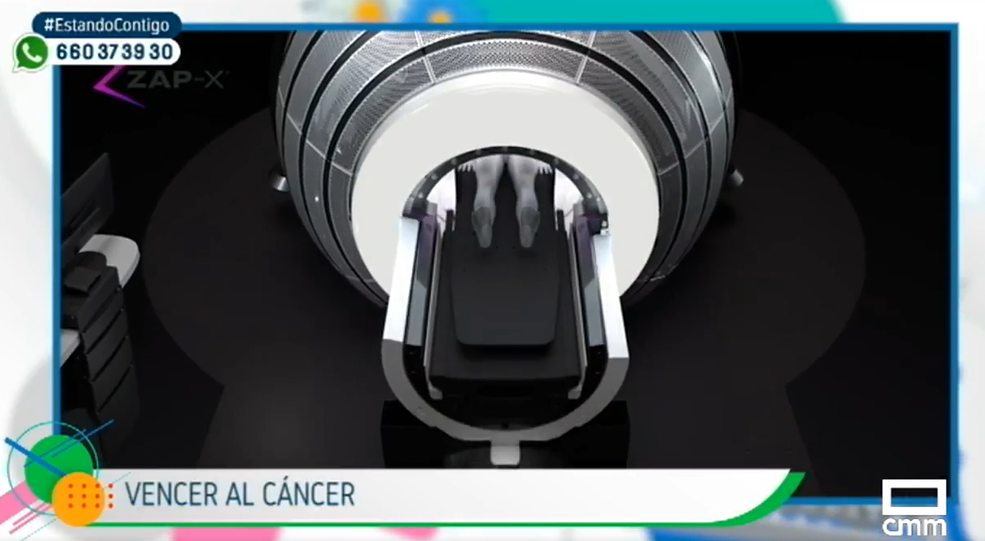
📺Watch the intervention of Dr Morena Sallabanda and patient
Do you want to see the programme? In this link you can see the appearance of Dr Morena Sallabanda on TV, who intervenes in the first minutes together with the patient.
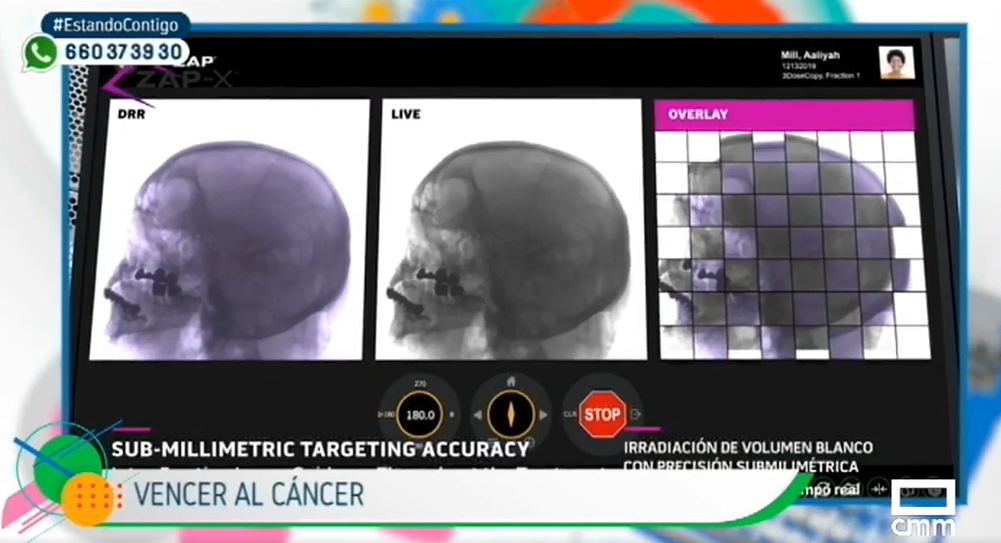
➡️Otros success stories of IRCA with ZAP-x technology
If you would like to learn more about other cases in which we have worked, we recommend you visit the entry on the success case with large metastases.
It documents the process in depth, and you can read more about it.
